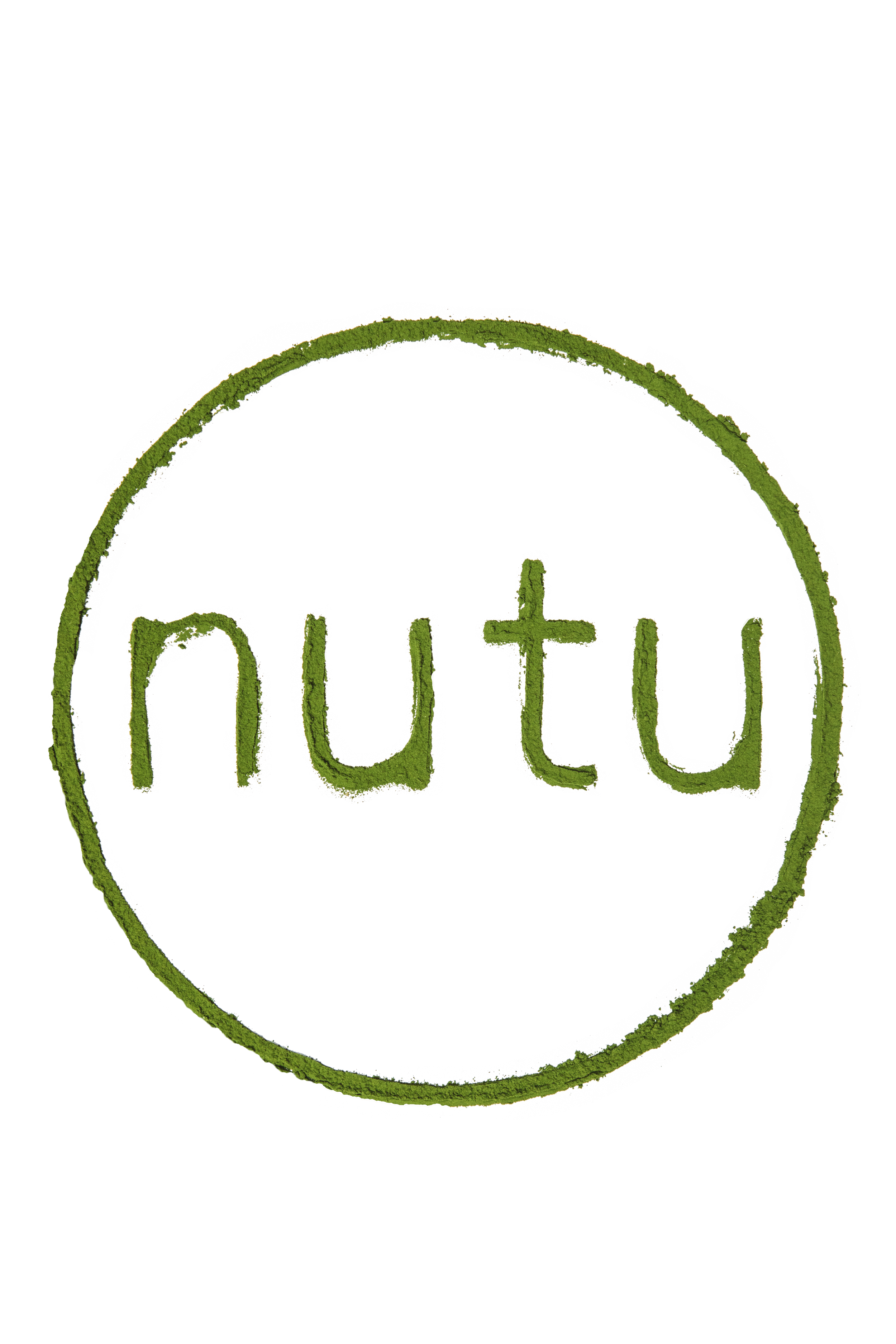Why You Need Rest and Recovery After Exercise
Written by Katie Pierce
Take it from Georges resting is the key
Regular physical activity can improve your overall health and fitness, help reduce your risk of chronic diseases, and give you more energy. But it's also important to remember that exercise is a form of stress on your body. Just like any other type of stress, too much exercise can leave you feeling fatigued. That's why it's important to include rest and recovery in your exercise routine.
Is too much exercise bad for your health?
As mentioned, exercise is a form of stress that can lead to burnout. When you're feeling burned out, you may feel tired all the time, have trouble sleeping, or lose your motivation to exercise. You may also get sick more often. Additionally, too much exercise can also cause injuries. Muscle strains, joint problems, and overuse injuries are all common in people who exercise too much.
Although it can be tempting to push yourself to exercise more, it's important to listen to your body and give it the rest it needs. If you're feeling tired or run down, take a break from exercise for a few days. And if you're feeling sick or injured, see a doctor. Plus, rest and recovery are important parts of any exercise routine. By including them, you'll be able to exercise more safely and effectively.
Benefits of Rest and Recovery
Rest and recovery are important because they give your body time to repair the damage from exercise and adapt to the new demands that you're placing on it. How long you should recover depends on several factors, including your age, fitness level, and the type and intensity of exercise you're doing. For women, exercising during menstruation can also affect the type of recovery you need. In general, however, most people need at least one day of complete rest per week. And after particularly hard workouts or races, you may need several days of easy exercise or complete rest to fully recover. The following are the benefits of rest and recovery:
Reduces Risk of Injury
When you don't allow your body time to recover, you're more likely to get injured. That's because overtraining can lead to muscle strains and other soft tissue injuries. Depending on your fitness level, an injury can cause you to miss a lot more time than if you prioritized resting in the first place.
Improves Performance
If you want to improve your performance, you need to include rest and recovery in your training plan. That's because exercise breaks down your muscles, and it's during the rest and recovery period that your body can recover from muscle fatigue, repair the muscles, and make them stronger.
Boosts Energy Levels
If you're feeling tired all the time, it could be a sign that you're not getting enough rest. When you don't allow your body to recover, it can't properly repair itself and you end up feeling tired and run down.
Improves Mood
If you're feeling down or stressed out, a little exercise can help improve your mood. But if you're overtraining, you may find that your mood starts to suffer. That's because overtraining can lead to fatigue and irritability.
What are the best ways to rest and recover?
Rest and recovery don't always mean completely stopping all physical activity. How you recover from intense exercise varies per person, and there are a few different ways to rest and recover from exercise:
Cross-training
This involves participating in different types of exercise during your workout routine. For example, if you normally run, you might add in a few days of swimming or cycling. This can help reduce the risk of overuse injuries.
Active or Passive Recovery
Active recovery means doing low-intensity exercise on your rest days. For instance, you can go for a light walk or jog instead of a mile-long run, so you can still get your essential vitamins from some much-needed sun exposure. This type of recovery can also help improve blood flow and reduce muscle soreness. On the other hand, if you're feeling extra tired or sore from your exercise, you can opt to do passive recovery instead - taking complete rest days from exercise.
Sleep and Nutrition
Getting enough sleep is crucial for recovery - at least 7 to 8 hours of sleep per night. Combining this with proper hydration and nutrition will help you recover faster and feel better overall. Eat a balanced diet that can help your body recover from exercise and reduce the risk of injury. Consume a well-balanced meal of fruits, vegetables, grains, and protein in your diet. Be sure to eat in moderation as well.
Final Word
When exercising, be sure to listen to your body and pay attention to the signs of overtraining, such as fatigue, irritability, insomnia, and decreased performance. If you're feeling these symptoms, take a few days off from exercise to let your body recover. And be sure to include rest and recovery in your overall exercise plan to help you stay healthy, fit, and motivated for the long term.

